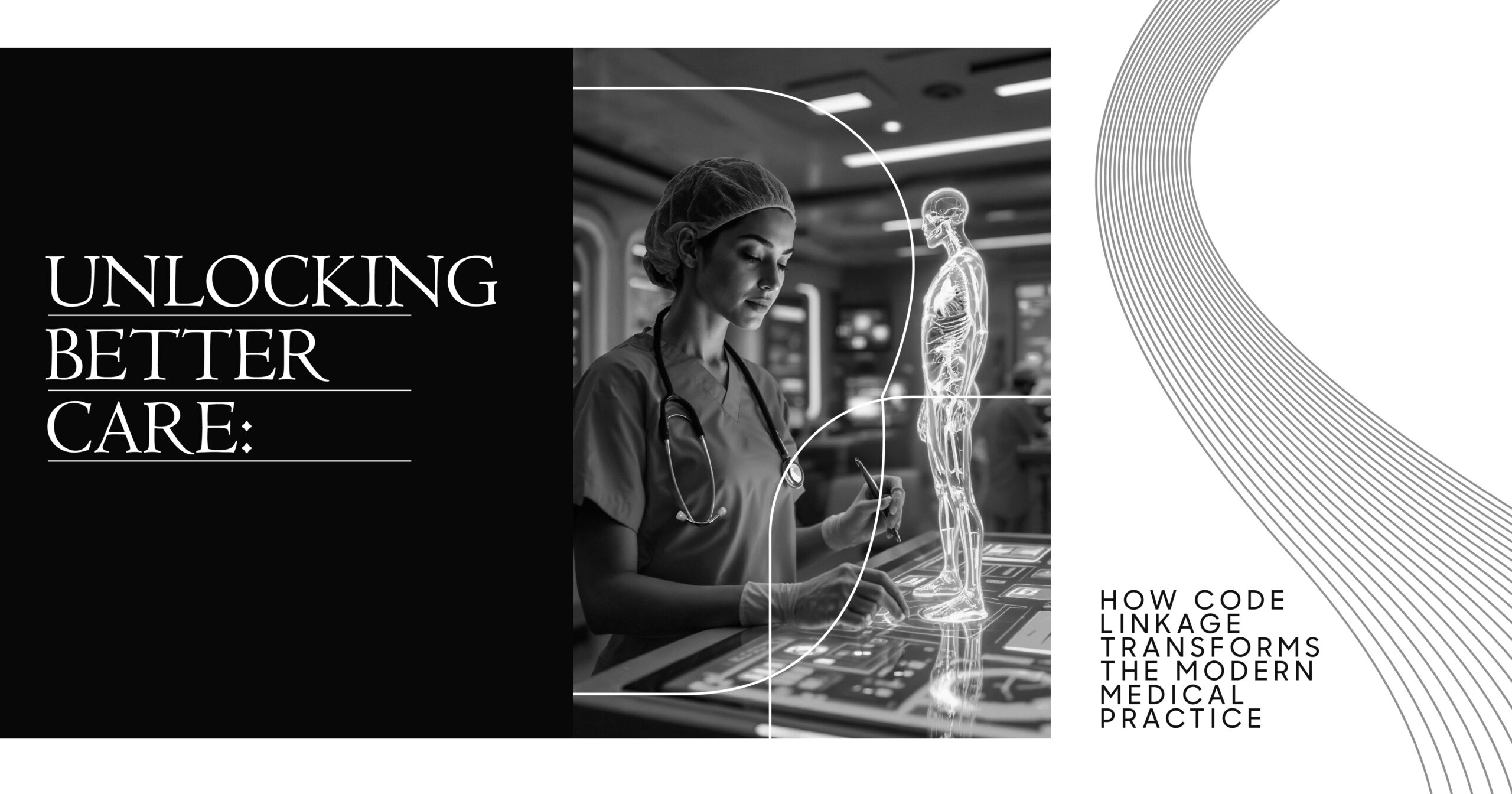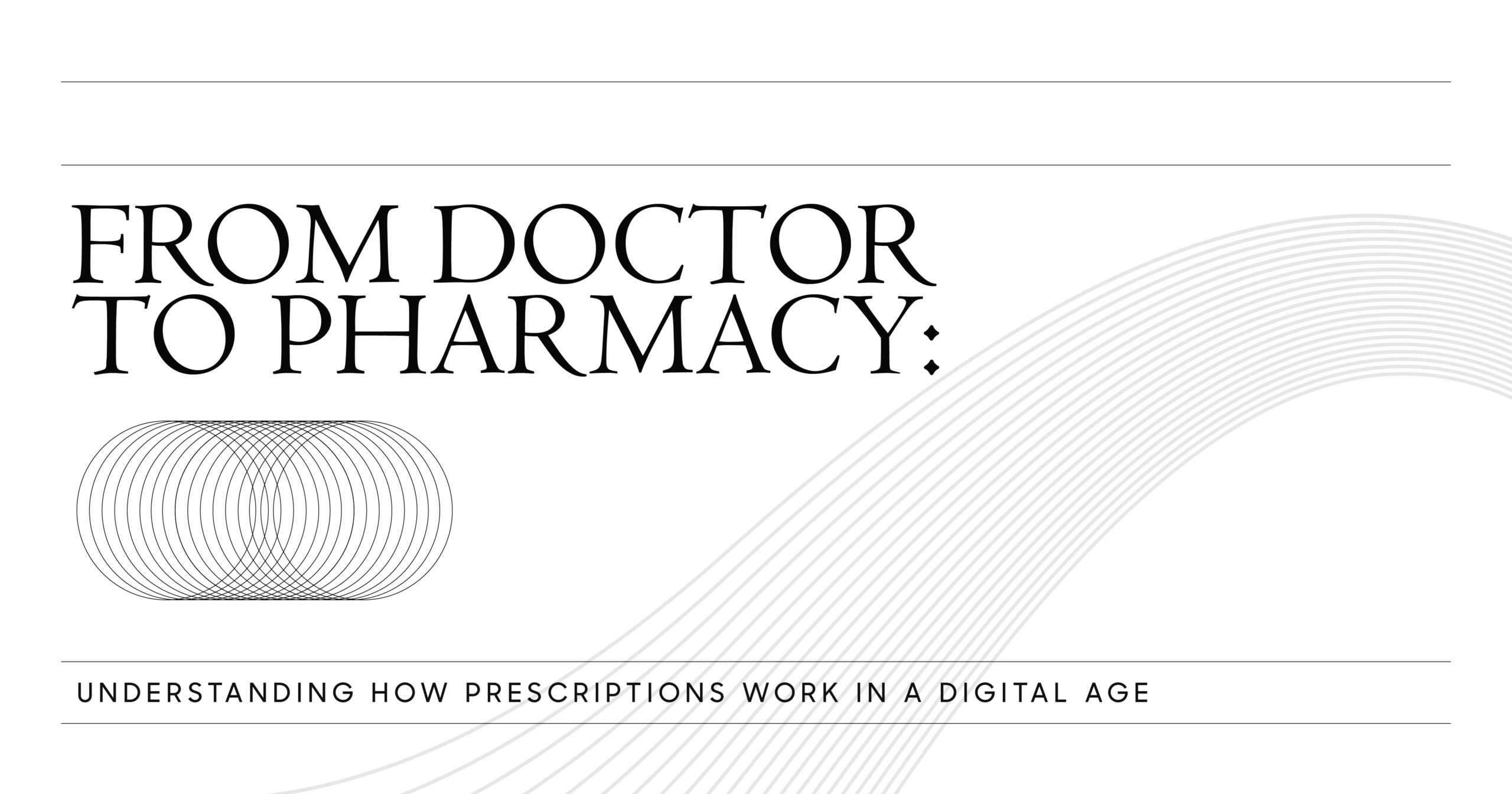Customer relationship management (CRM) first appeared as an essential concept in the commercial world. It was a term to denote managing, developing, and analyzing customer interactions with a company to promote loyalty and increase profits. By using technology, CRM systems help organize, automate, and coordinate sales, marketing, customer service, and technical support. Moreover, they enable companies to keep track of customer interactions, manage customer data, and automate marketing and sales tasks.
The privatization of medical practices introduced CRM to the healthcare world as it became essential to assist professionals in forging stronger relationships with patients by providing retention-enhancing acquisition solutions.
Today, the behavioral health field utilizes CRM to track customer interactions, identify areas where they need improvement, and improve customer service overall.
The bottom line for using CRM software remains the same in the commercial and healthcare worlds: exceptional value for clients.
Benefits of CRM for Behavioral health care providers.
In today’s hectic and cutthroat society, many people place high importance on their mental health. The stigma associated with obtaining mental health treatment has considerably decreased, and now everyone is trying to look after their psychological needs.
The market for mental health was estimated to be worth 383.31 billion US dollars in 2020. With a CAGR of 3.5%, it is predicted to reach 537.97 billion USD by 2030. This rapidly increasing demand ought to make it difficult for clinics to manage and provide for their consumers if they continue to rely on human resources or outdated tools to meet the forthcoming patient requirements.
Hence, it’s critical to recognize the value of CRM and comprehend its advantages to use the tool to its fullest potential. Here are a few:
Increased customer satisfaction.
Using CRM, healthcare providers can improve customer satisfaction and loyalty and increase customer retention rates.
One way is automating tasks that previously required support staff, freeing up valuable time for care providers. CRM systems can automate tasks like patient reminders and follow-up emails.
It does so by allowing providers to manage their relationships with patients. This, in turn, helps providers engage with patients more meaningfully.
Improved communication.
CRM systems provide a platform for providers to coordinate care and share information with other care team members. Communication between providers and patients, as well as between providers and other providers, is also aided by the software. CRM systems have the ability to schedule appointments, keep track of a patient’s medications and progress, manage patient check-ins, and monitor their vitals. It is vital for healthcare providers, patients, and other team members to know all these so everyone is on the same page.
Moreover, the system sends notifications and reminders to inform therapists of important dates, like a patient’s birthday, when a card or message would be appreciated.
Better care and lower costs.
Since CRM can help organizations improve communication, manage schedules and appointments, and track client progress, the need to retain staff for these specific jobs is reduced, lowering costs. On the other hand, the quality of care is improved because the team is provided with quick and easy access to client records. Human errors are also minimized, which could have affected the efficiency of care and increased costs otherwise. Additionally, CRM systems can generate reports that help identify gaps in care, areas for improvement, and any potential red flags for the organization, helping it provide better care to clients.
Streamlines processes for a better customer base.
Behavioral healthcare organizations have historically lacked good customer relationship management tools. As a result, staff has had to rely on ad hoc methods for managing patient data. This has led to inefficiencies in patient care and made it difficult for behavioral healthcare organizations to maintain good patient relationships.
However, for a rapidly growing industry like behavioral healthcare, these issues could lead a firm working in the industry to be driven out. Thus, streamlining healthcare processes is a necessity to improve efficiency and stay up-to-date with changing trends.
Fortunately, CRM tools can help behavioral healthcare organizations overcome these challenges by providing a centralized repository for patient data, improving communication between staff and patients, and facilitating the delivery of care.
Additionally, they also allow healthcare providers to have a complete view of their interactions with a customer, from the first contact to the most recent one. This gives them the ability to provide better customer service and improve retention rates.
Reconnects with former patients.
When a client completes therapy, they may decide (or be forced) to stop going for personal reasons or external factors in their life. CRM can assist in reconnecting disconnected patients to ensure they are not permanently lost.
CRM software comes with the option of arranging patient data according to your own unique criteria, like “previous clients”. This makes it simpler to check in or reconnect with lost patients.
On a personal level, former patients could appreciate the gesture, enhancing the firm’s image and increasing the likelihood of recommendations.
Targeted marketing campaigns.
In addition, CRM systems can help target marketing campaigns more effectively and generate leads that are more likely to convert into customers. They do this by making crucial patient information more available to all pertinent parties, eliminating the need to repeat the same information to healthcare staff many times.
Furthermore, CRMs assist in targeting, segmenting, and reaching out to behavioral healthcare organizations’ patients.
The client management software packages may be customized using add-ons for certain professions, such as email marketing for solopreneurs.
Swift process management.
The job of behavioral health care providers focuses on understanding and modifying a patient’s behaviors, using a number of interventions that target social, cognitive, emotional, and environmental factors that may influence it, in order to improve the patient’s overall functioning and help them lead a more prosperous and independent life. A crucial part of managing this process is made easy by CRM, as it provides practitioners with the ability to store and remember customer data easily.



